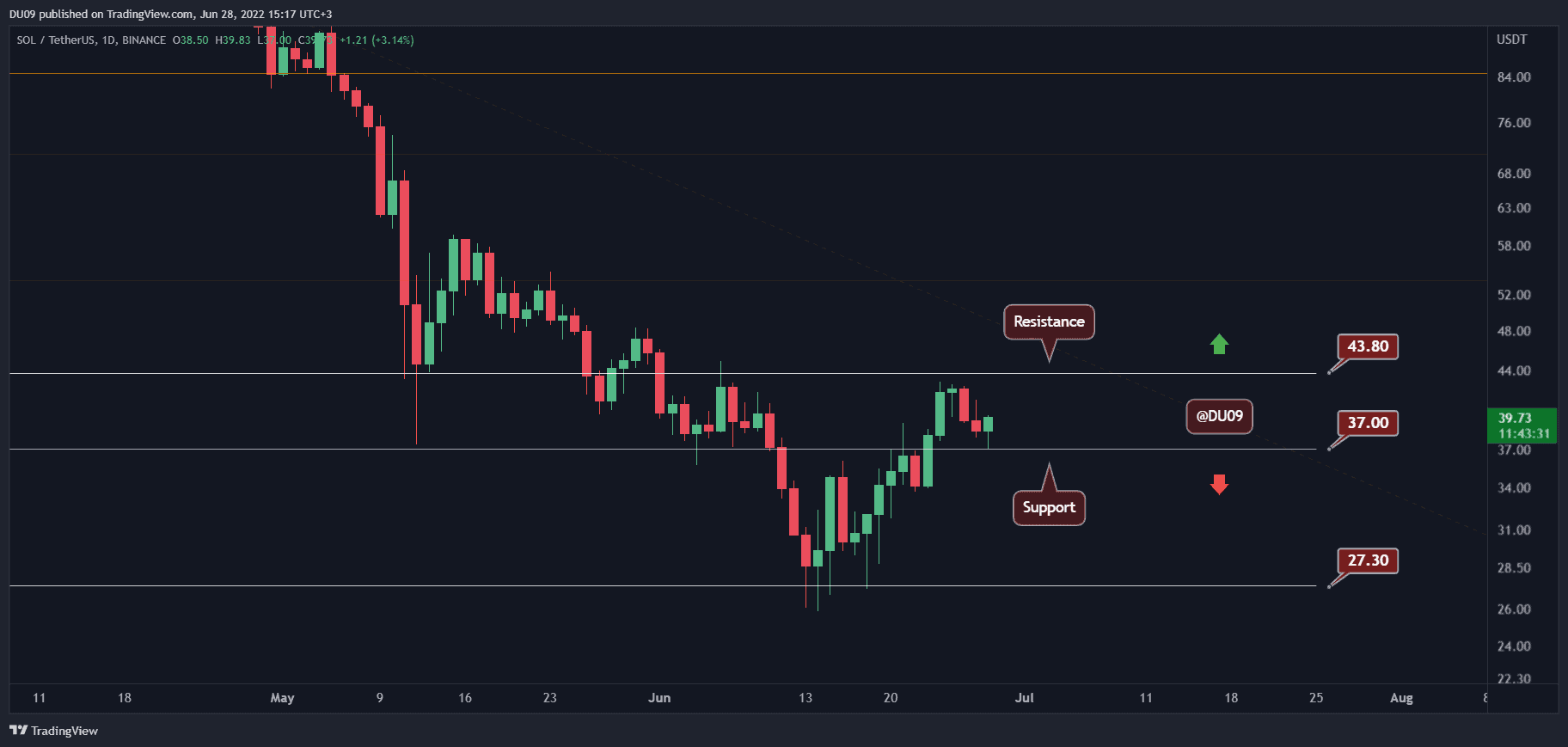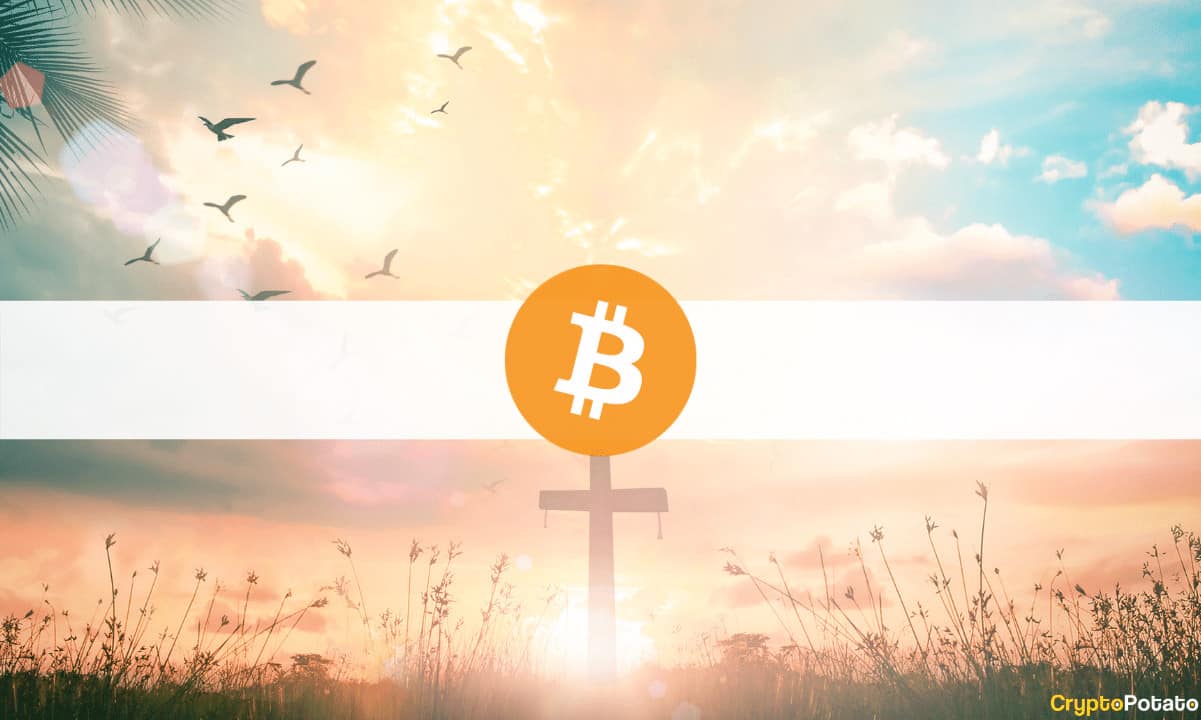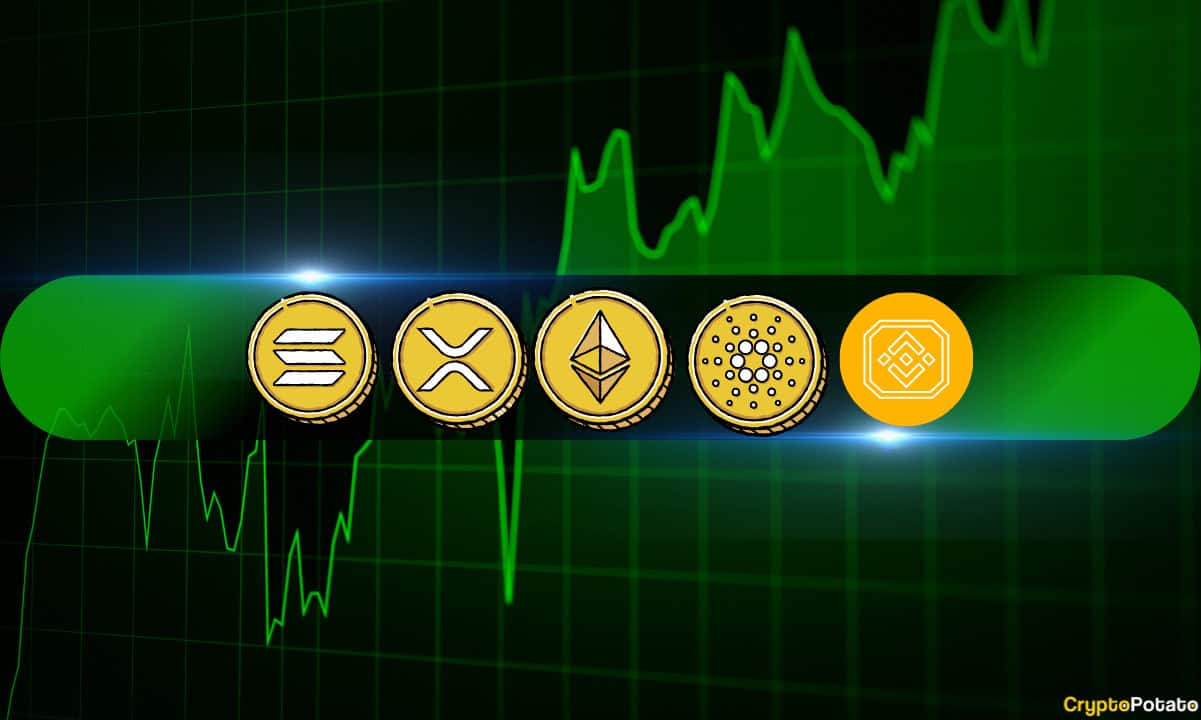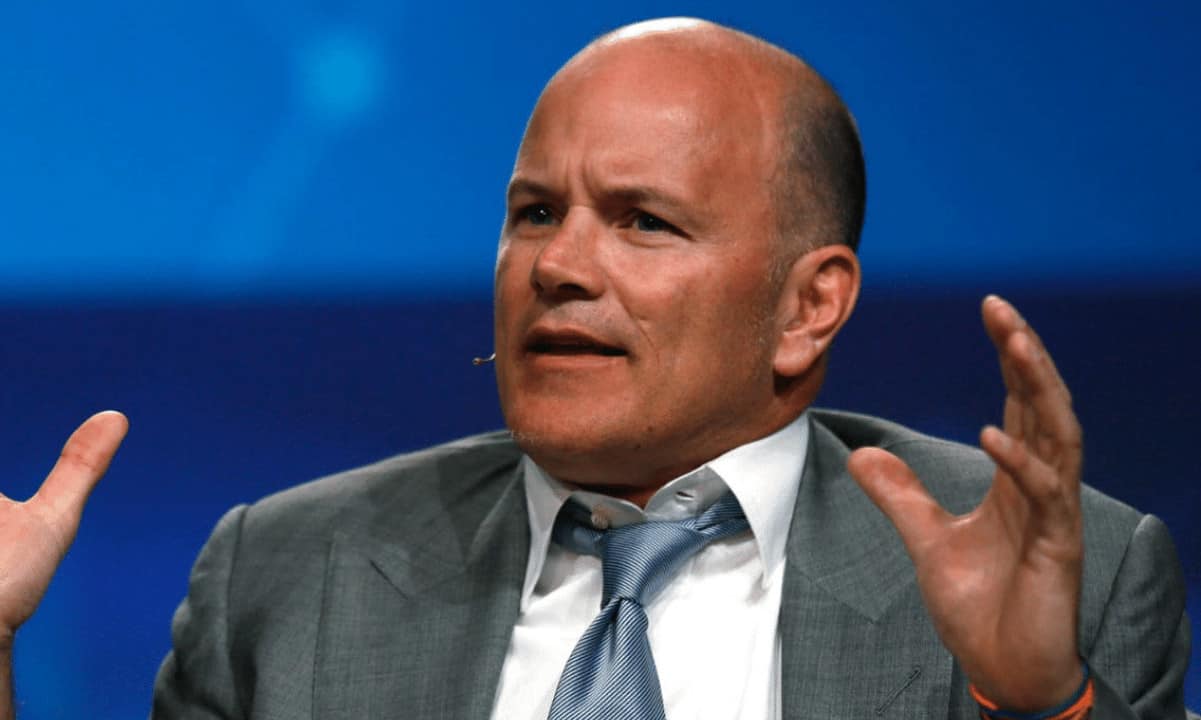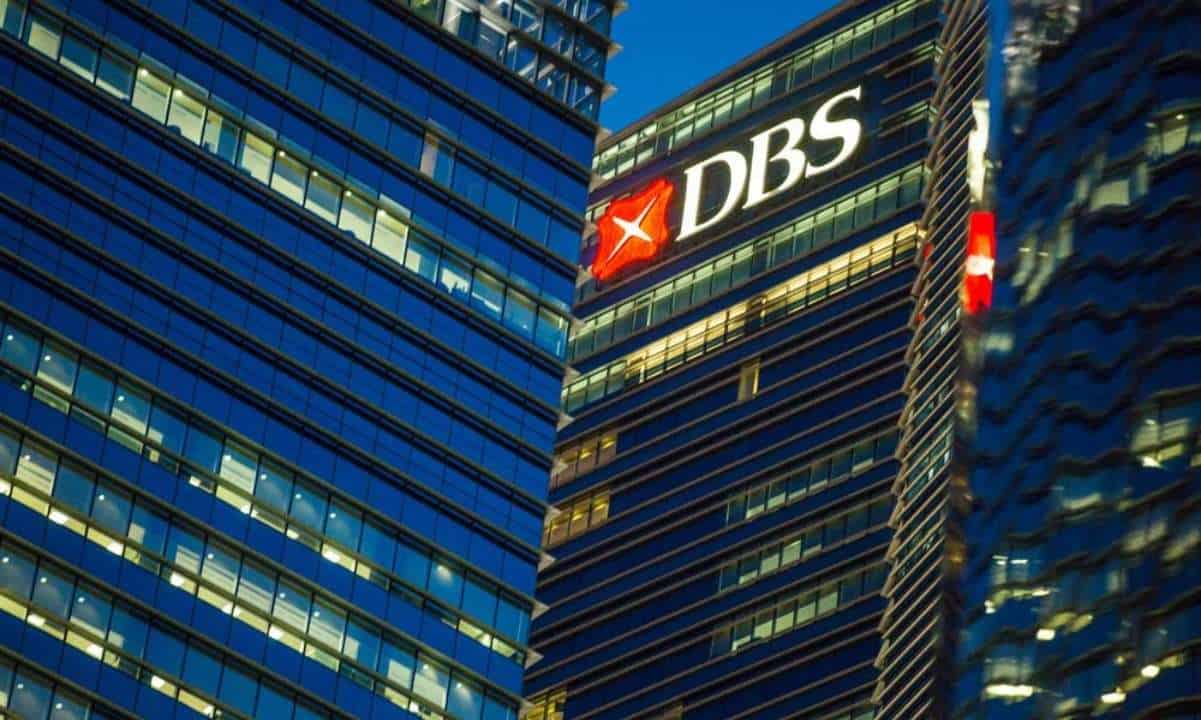AI Will be One of those Areas Where Blockchain has Genuinely Improved: Flare Network’s CEO Hugo Philion (Interview)
Flare Network stands out as one of the popular layer one blockchains, focusing on the integration of external data into blockchain systems. Above all, Flare is an EVM-compatible L1 network. Its interoperability and data integration focus has made it a standout name in the crypto world.
CEO Hugo Philion, transitioning from a finance background to the dynamic world of cryptocurrencies, has been instrumental in guiding Flare Network’s direction to tackle some of the sector’s significant challenges. In the following interview, Philion shares his views on blockchain and data, shedding light on Flare Network’s efforts to push the industry forward.
His shift from the finance sector was driven by a desire for more meaningful engagement in his professional life. In an exclusive interview to CryptoPotato at the annual ETH Denver conference, he articulates his motivation, stating,
“I just thought I wasn’t doing anything that was interesting or valuable in life.”
This reflection propelled him toward blockchain technology, leading to his decision to delve back into academia and explore machine learning, where he met his future Flare Network co-founders.
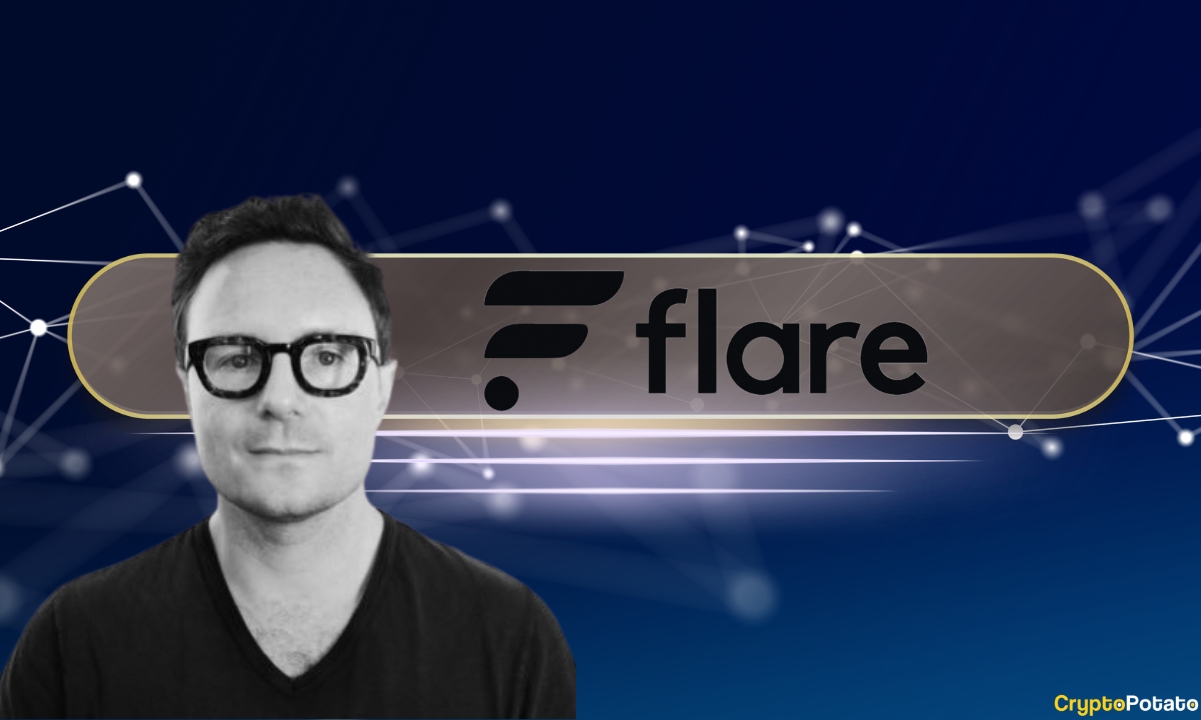
Incorporating External Data into Blockchain Systems
Flare Network’s primary goal is to address the complex challenge of incorporating external data into blockchain systems. Philion explains the intricacy of this task, noting:
“There’s very little point in using a blockchain if you are then using a centralized party to handle the data aspect, you might as well use a database. The only real reason blockchains exist if you’re doing that kind of thing, is as a way for people to access the network.” Philion states.
“You’re not getting the value of decentralization. So we figured, okay, what is the perfect mechanism or what is the best mechanism for decentralization so that you get immutability, you don’t get censorship, and you lower the risk of these things? And of course a blockchain is the best way to do that. And so we thought, well, okay, how do we build a blockchain that is validating data?” He concludes the problem Flare is trying to solve.
“Our reason for existing is data, and there’s no one else really doing a layer one for data. And then if you add in our relay protocols, it’s not just data, it’s also really quite nice interoperability because we can build bridges and we can do general message passing, and we can also provide our data as an Oracle service, as a properly decentralized Oracle service to any network. So we kind of don’t see ourselves as an L1. We see ourselves as a utility to a patchwork of different blockchains.”
He adds that “Data on a blockchain from external sources is a very hard thing to achieve.” and discusses the limitations of traditional oracles and Flare’s mission to decentralize the data validation process, emphasizing that “traditional oracles… have been fairly centralized” to highlight the shift Flare is advocating for in the blockchain ecosystem.
Flare recently released a deep dive on the shift to Flare Time Series Oracle V2. This enables 1000 prices with 90-second anchor updates and one block optional streaming updates. You can find out more about it here.
Philion goes into detail about Flare’s approach, particularly highlighting the Flare Time Series Oracle. He describes its functionality: “The Flare Time Series Oracle… provides 15 crypto prices, and it’s updated every three minutes,” showcasing the network’s capability for real-time data updates and its potential for scalability.
Broadening the Horizon: AI and Blockchain
Philion also touches on the convergence of AI and blockchain, a domain he views as filled with potential. He expresses his enthusiasm for this integration, asserting,
“AI will be one of those areas where blockchain has genuinely improved what currently exists.”
This suggests a vision for blockchain that transcends traditional boundaries, enhancing AI’s reliability and applicability.
He also noted that this intersection can lead to more accurate, safer AI models. Philion’s perspective is that decentralized technologies can provide a new paradigm for AI development, where the blockchain can contribute to the creation of unbiased, verifiable AI systems:
“And that is, to my mind, probably the most exciting thing in the space for the next 5 to 10 years. If that takes off, and if we can get enough scalability to be able to provide answers from AI models for people that need those answers, and we can do it quickly enough as in with a low latency, that it’s a very useful product, then you’ve got something that’s truly a solution to a real problem.”
‘We hold a lot of Bitcoin’
Philion offers insights into the broader blockchain landscape, especially in the context of the recent resurgence in Bitcoin’s value.
He provides a thoughtful commentary on market dynamics, noting Flare Network’s strategic stance with regard to Bitcoin. “We hold a lot of Bitcoin as an organization,” he states, reflecting on the strategic decisions made in the context of market trends.
“There was a time where we were basically unbanked when the US banks went down, when Silicon Valley Bank and all of those banks had a failure. We ended up thinking, well, okay, we’ve got stablecoins and we want to diversify a bit. Well, what should we hold? Bitcoin. It’s definitely paid off for us.”
In addition, Flare is looking at the Bitcoin L2 market to provide their data.
“Bitcoin is an ecosystem that will truly appreciate Flare’s decentralized data.” – Phillion concludes.
The post AI Will be One of those Areas Where Blockchain has Genuinely Improved: Flare Network’s CEO Hugo Philion (Interview) appeared first on CryptoPotato.

